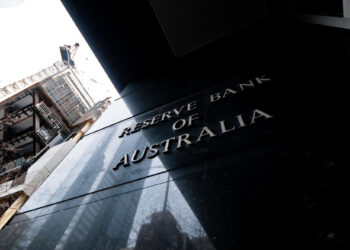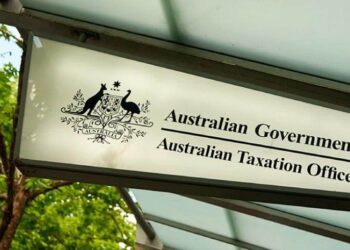It’s a case of keep calm and carry on for savvy superannuation investors, with the Association of Superannuation Funds of Australia (ASFA) warning that fund members should not panic in the face of last week’s Australian and US share market falls.
The Association’s chief executive, Dr Martin Fahy, cautioned investors against swapping to conservative options as it was important to remember that super is a long-term savings vehicle.
“When markets fall, it’s a natural human response to panic, but if you switch your money to ‘safer’ asset classes such as cash and bonds, you risk missing out on benefitting from the recovery in share prices,” he said.
Since the tail end of the Global Financial Crisis, for example, the ASX 200 has seen strong gains since periods of equity market volatility along the way. According to Fahy, these periods “naturally occur from time to time” and shouldn’t panic investors.
Fahy also pointed out that super funds’ investment teams were prepared for such periods, with diversification in bonds, international shares, infrastructure and term deposits proving a safety net against market volatility.




